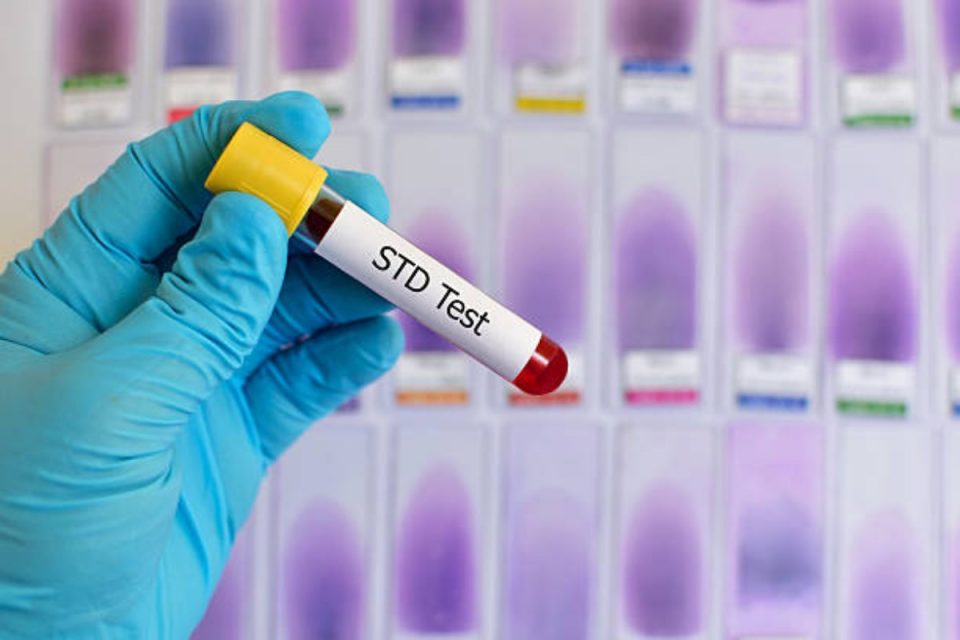STD Testing: According to the World Health Organization reports, about one million sexually transmitted infections are acquired every day. That’s a considerable number to know who’s infected. Also, it’s not that all the STDs would show signs or symptoms, and if they do, some would indicate mild signs that can be easily overlooked.
With the massive number of infection-spread comes the need to know your status. Besides, what are the chances that your partner isn’t infected? So, your only way out is through STD testing and screening.
However, going for STD testing is one of the nerve-cracking experiences you may have. But, you don’t need to worry because this article prepares you for the experience.
Here is all you need to know!
Table of Contents
What Is STD Testing, And Why Do You Need To Test?
Dealing with sexual infections gets better only when you know what you’re dealing with. So to get the best treatment method for a disease, it would be better if you test first.
By definition, therefore, STD testing is the activity or process of determining and assessing any sexual infection that may be present in your body, even if they don’t indicate any sign and symptom.
So, why should you go for STD testing?
Apart from knowing your status, STD testing would help facilitate earlier detection and treatment. This helps avoid or prevent pelvic inflammatory infections in women, infertility, cervical cancer and liver infections, ectopic pregnancy, and congenital infections.
Testing also ensures you protect the life of your partner, especially if they don’t know you’re infected. It also helps reduce your chances of re-infection
Therefore, visit your nearest healthcare center for regular testing, especially when you suspect you have an STI.
STDs with Different Signs and Symptoms; Require Different Testing Methods
There are dozens of sexual infections from syphilis, chlamydia, HIV, Human papillomavirus to gonorrhea and herpes. Unfortunately, not all of the diseases are tested through the same process. Some like HIV and syphilis would require blood samples for testing and screening.
Similarly, STDs like chlamydia and gonorrhea may require a throat swab or rectal swab and urine screen. Suppose you’re having unsafe vaginal, oral, or anal sex. You’ll need various testing methods to check for the presence of STDs and to ensure you’re free from any of the infections.
Who Need To Get Tested And How Often Should You Test?
With sexual infections, no one is too young or old to be tested. Besides, even a baby might be born with STD. Therefore, everyone needs to be tested, especially those who are sexually active.
The question of how often would entirely depend on one’s risk of exposure to these infections. You will have to go for regular STD testing, especially if you have:
Multiple sex partners- you may never know which of your partners has an STD. So, your risks increase with the number of those you have sex with, more so if you have unprotected sex.
Sexual harassment. Suppose you’re exposed to sexual rape or violent sex events; you should then get tested immediately and put under medication to help reduce your chances of infections.
How Do You Know What To Test?
It’s no doubt, but most STDs would not show signs and symptoms at their earlier stages. Therefore, be honest and tell your doctor how you feel. However, you can help your doctor determine the cause of your feelings immediately if you notice some changes in your genitals or when you suspect infections.
What Happens If You Have An STI?
It’s common for most people to be worried, embarrassed, mad, confused, or pissed off. But it would help if you never freaked out. Your reaction to the news would determine whether you can be in a position to help manage the situation or worsen it.
One of the best ways of living a healthy life is making the right decision. So, follow every step and medication your doctor would prescribe. Also, you must ensure you let your partner (s) know that you have an STI.
Conclusion
You deserve a healthy sex life. So ensure you reduce your number of sex partners and use protection every time you’re having sex. Most importantly, go for regular STD testing services to facilitate earlier detection and treatment of infections.
Before STD testing, however, you should know that not all changes in your sexual health would indicate an infection. Also, when you’re tested and found infected, ensure you follow your doctor’s prescriptions and treatment methods. You can as well let your partner know of your sexual condition. This would help prevent them from contracting the infection or getting treated too.

